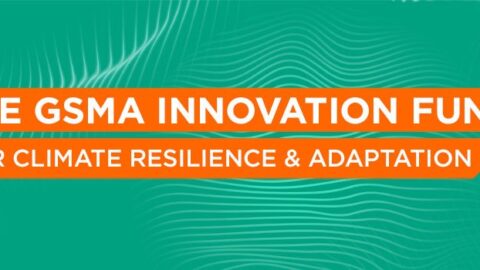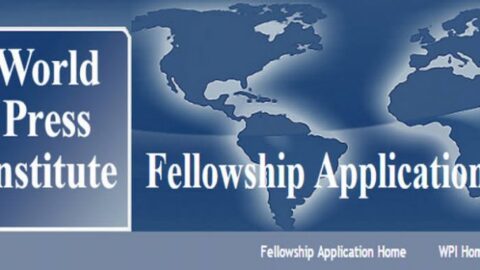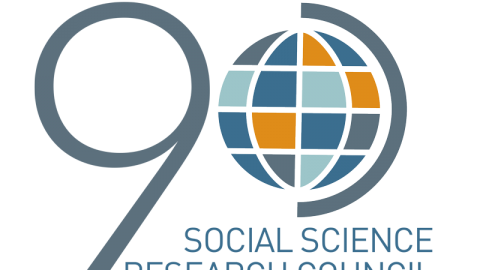Nigeria cannot hope to secure a peaceful and prosperous future without investing in the millions of children, particularly girls, currently denied an education. It is estimated today that about 16 million children are out of school in Nigeria, and most of these are girls. While the number of out-of-primary-school children stands at about 10 million, the number of children out-of-secondary-school is 6 million – the highest number of any country in the world.
In response to the funding and operational gap in the education sector, the federal government, through an act of parliament- the Universal Basic Education and Other Related Matters Act (2004); established the Compulsory Free Universal Basic Education Commission, which continues to manage the commission had the mandate to manage the (at least) 2% funding from the consolidated revenue fund. Through this intervention fund, the federal government provides a matching grant which the states are to match with a 50% counterpart funding. The government has made this and many other efforts at the national and state level to boost basic education. However, there is a gap in education funding, budget performance, infrastructure development, teachers’ capacity and teacher-to-student ratio to name a few. All of these have led to a high rate of out-of-school children, a high dropout rate, poor infrastructure, and low performance in National and regional exams underscoring those critical challenges facing education in Nigeria.
These challenges continue to thrive on the lack of interest or lack of information by the citizens who are supposed to hold the duty bearers accountable, and where the information and interest exist, there seems to be a lack of capacity to thoroughly engage the duty bearers to ensure transparency and accountability in basic education financing in the States. This, therefore, provides the opportunity to mobilise and support the citizens to be able to engage with the duty bearers, demand accountability, and be involved in the process of ensuring free, safe, compulsory and quality basic education in Nigeria.
This project will therefore seek to recognise performing states and the least performing state on basic education, in a widely accepted and recognised ranking that will name and shame the underperforming states; provide platforms for community actors to lead advocacy and engagement with the duty bearers and ensure the SDG 4 is fully delivered in FCT and Nasarawa State. This consultancy is therefore going to work with YHA to ensure the development of and deployment of a scorecard and ranking system which will be developed through a widely accepted framework and process.
Scope of work
Developing a web platform for the Basic Education Performance Ranking for the performance of 36 States in Nigeria on basic Education in the last 12 months.
Key deliverables
A web platform with the details for Basic Education performance ranking in the 36 states and FCT.
Duration of Work: 1 week
Qualification:
- Masters degree in Computer science, IT or any related fields .
- Verifiable evidence of similar consultancies undertaken in the past
- Responds positively to critical feedback and differing points of view during the development of the framework and report.
Interested candidates should send an expression of Interest to apply@youthhubafrica.org
Expression of interest (EOI) from eligible consultants should include the following.
- A cover letter – not more than 1 page
- Curriculum vitae of Consultant(s) – not more than five page
- Portfolio of Previous Jobs Done
Eligible Consultants should indicate “Web platform for the Basic Education performance ranking” in the email subject line.
Deadline: December 12, 2022.






